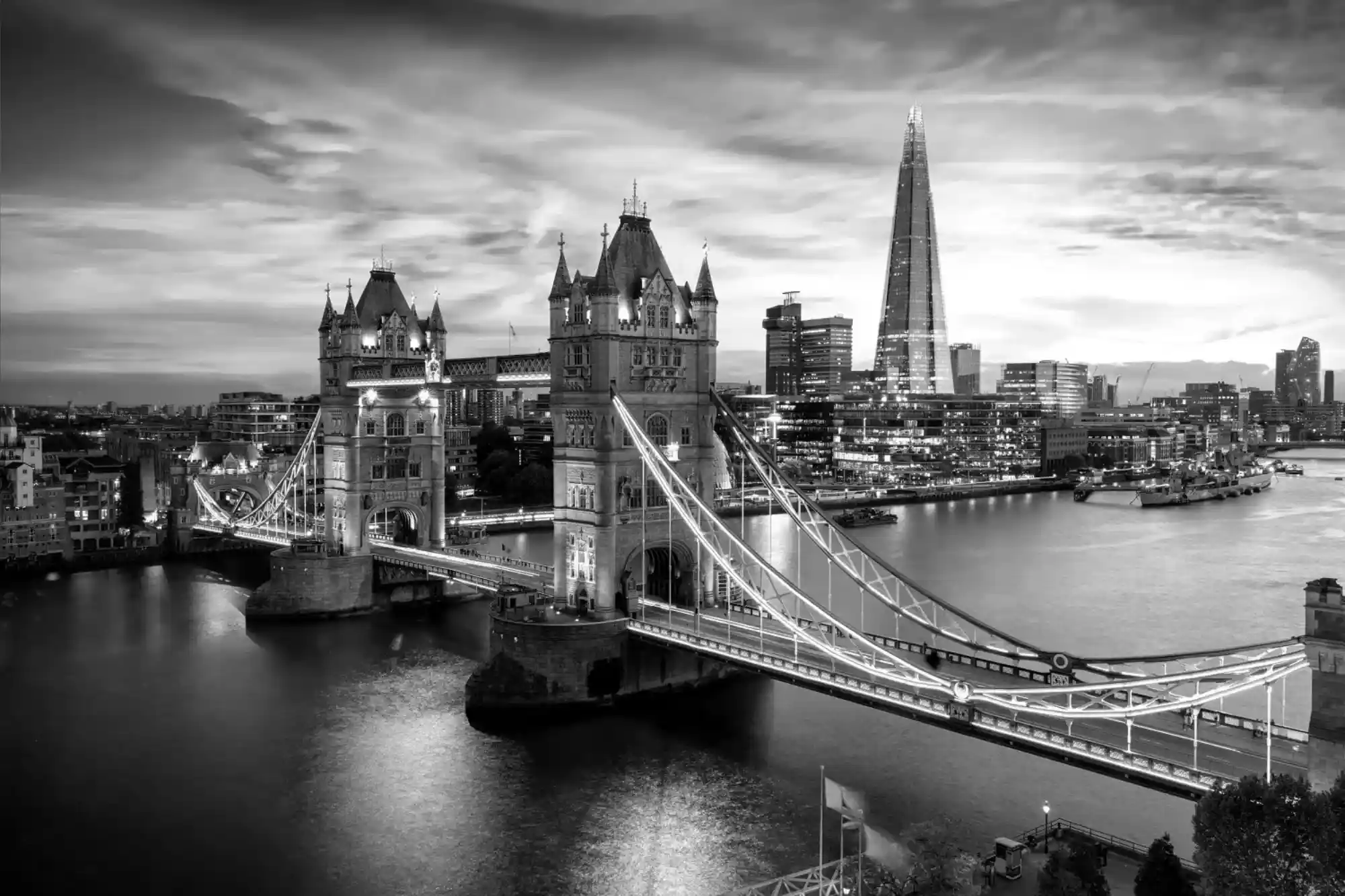About the United Kingdom
01
The United Kingdom – comprising England, Scotland, Wales and Northern Ireland – has a total population of 67.22 million (2020) and is one of the most internationally orientated countries in the world. Apart from its European neighbours, it enjoys particularly close links with the US and the 53 countries of the Commonwealth of Nations. These Commonwealth countries span Africa, Asia, the Americas, Europe and the Pacific and are diverse – they are amongst the world’s largest, smallest, richest and poorest countries.
02
London, the capital city, has been a leading international financial centre since the 19th century, acting as a centre of lending and investment around the world. It continues to maintain a leading position as a financial centre in the 21st century, and maintains the largest trade surplus in financial services around the world.
03
English is widely used as the lingua franca of global business and English contract law has been adopted widely for international finance and commerce. English Common Law is the most popular legal system in the world, not only because it applies to the largest slice of the world’s population but also because it is used in 27% of the 320 world’s legal jurisdictions.
04
The UK is considered a secure investment location boasting excellent professional, communications and physical infrastructure. International air travel connections are complemented by the Channel Tunnel, which links southern England and northern France and allows for direct intercity rail connections across Europe.The UK also benefits from its position between the Asia and US time zones, enabling business to operate from the end of the Asian working day to the beginning of the working day on the US west coast.
05
The UK has enacted highly flexible, cost-effective company legislation and its markets are fully open to foreign investors. The corporation tax rate is the lowest in the G7 at 19%. The UK has entered into Double Taxation Agreements (DTAs) with more than 147 countries, creating one of the largest and most effective tax treaty networks worldwide.
Licensed by Financial Conduct Authority (UK)
01/02
Latest News
Get in Touch
Please contact us if you have any questions or queries and your local representative will be in touch with you as soon as possible.

